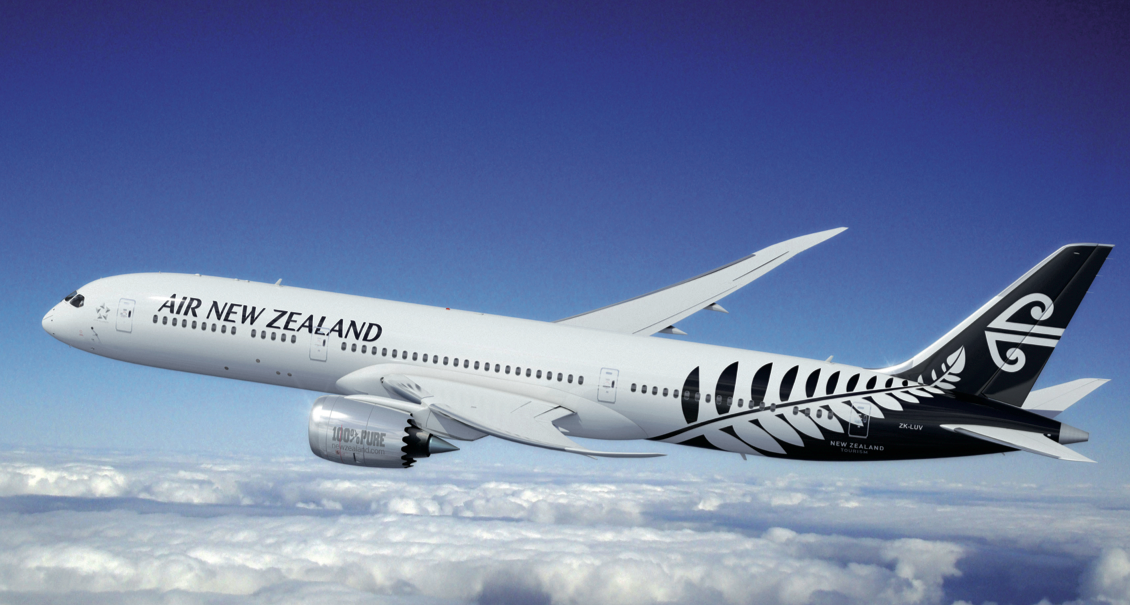Air New Zealand has scrapped its 2030 carbon emissions targets. Delays in new aircraft had driven the decision, it read in a statement on July 30, 2024.
It said in its statement: “Air New Zealand is removing its 2030 science based carbon intensity reduction target and will withdraw from the science based targets initiative.”
The airline claimed the driving factors were beyond its control. It cited challenges such as the availability of new aircraft and alternative jet fuels as well as the latter's affordability.
In addition, it claimed the lack of both global and domestic regulation and policy support had been another key impact. “In recent months, and more so in the last few weeks, it has also become apparent that potential delays to our fleet renewal plan pose an additional risk to the target’s achievability,” said Air NZ CEO Greg Foran.
"It is possible the airline may need to retain its existing fleet for longer than planned due to global manufacturing and supply chain issues that could potentially slow the introduction of newer, more fuel-efficient aircraft into the fleet."
However, the airline has already transitioned to developing a new near-term carbon emissions reduction target - one that more realistically considers the current environment and its constraints.
"Air New Zealand remains committed to reaching its 2050 net zero carbon emissions target," said Air New Zealand chair Therese Walsh. "Our work to transition away from fossil fuels continues, as does our advocacy for the global and domestic regulatory and policy settings that will help facilitate Air New Zealand, and the wider aviation system in New Zealand, to do its part to mitigate climate change risks."
Bayes Business School professor of operations and supply chain management ManMohan Sodhi provided his analysis: “Airlines do not make planes, engines, or fuel, and therefore cannot bring about reductions in carbon emissions other than by not flying. They have to fly their existing planes longer as it is getting harder to replace them, given the continuing problems at Boeing.”
In its 2024 interim results, published on February 22, 2024, Foran said: "Boeing has now confirmed that the first of the new 787 Dreamliners is unlikely to arrive until at least mid-2025." He also said engine maintenance requirements had seen its aircraft "spend more and more time on the ground". As a result, the airline had altered its schedule and added additional leased aircraft.
Players in the aviation industry are not immune to the current supply chain constraints. With ESG 2030 targets edging closer as aircraft delays persist, it remains to be seen whether Air New Zealand's scrapped targets will be an anomaly or the first of more to come.

